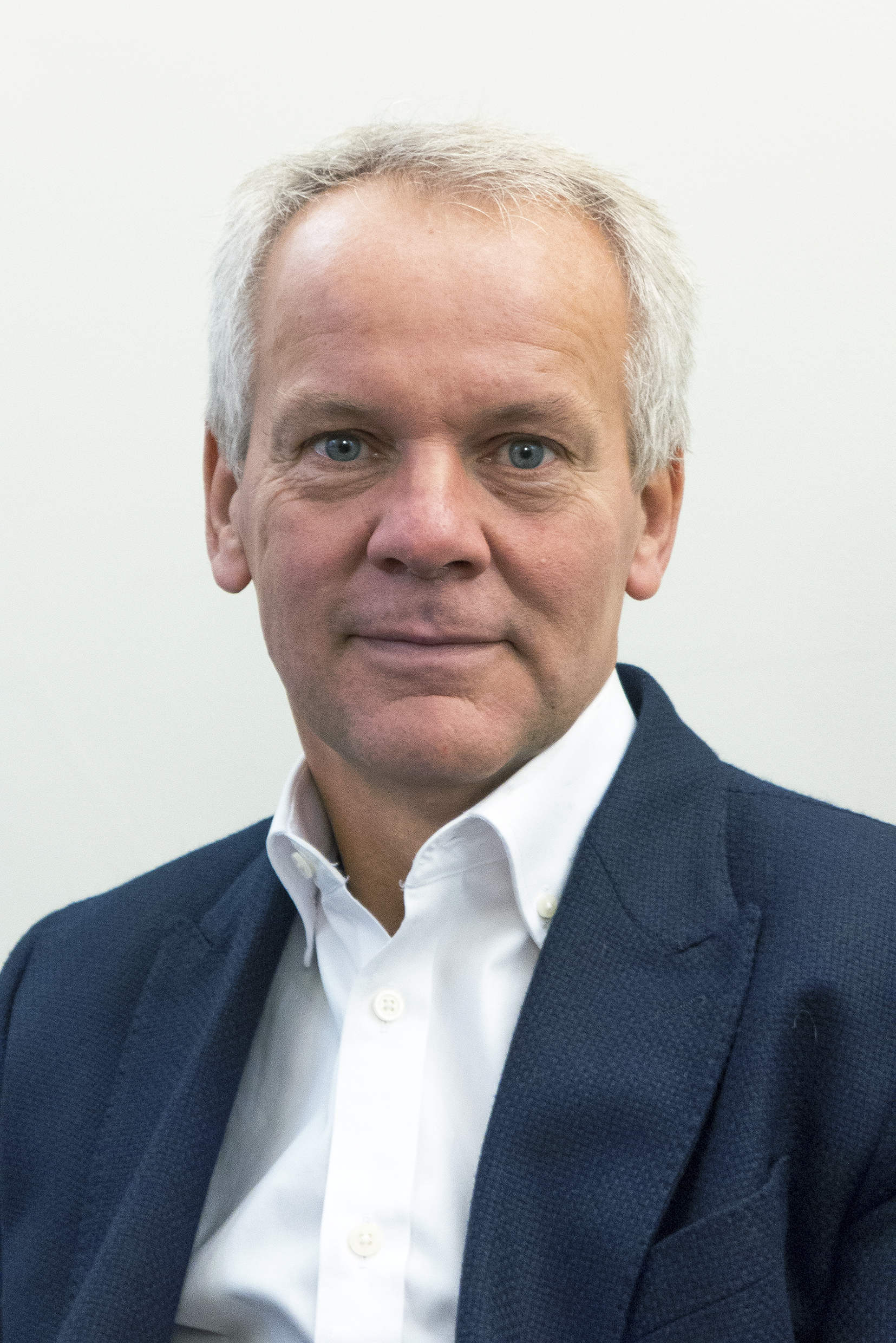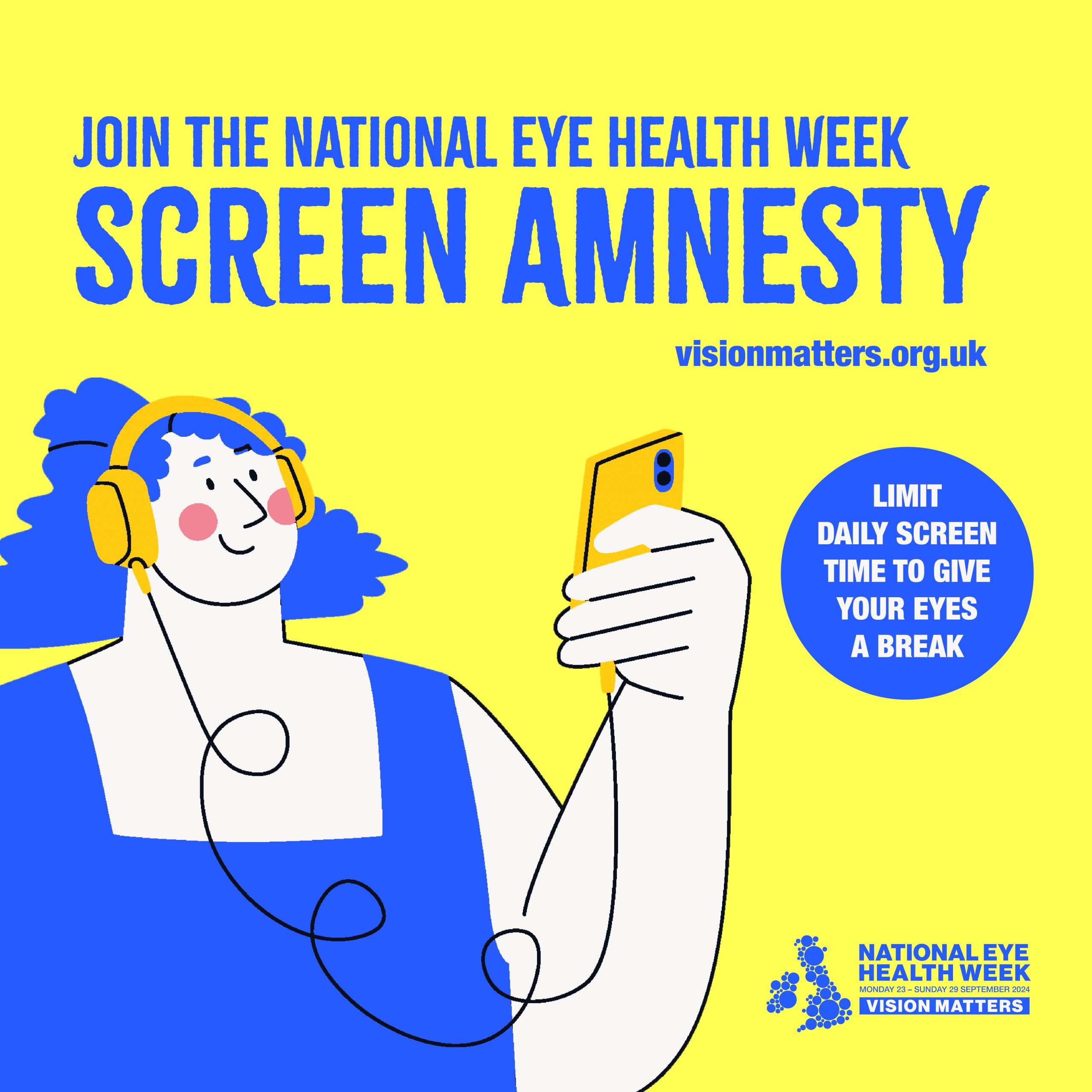National Eye Health Week 2024

David Cartwright
National Eye Health Week (NEHW) 2024, which takes place from 23 to 29 September, is seven days dedicated to promoting the importance of good eye health and the need for regular eye examinations for all.
David Cartwright, chair of Eye Health UK, the charity responsible for running the Week, says: “National Eye Health Week is a key calendar moment for promoting optics and helping people take better care of their eyes. This year’s campaign feels particularly timely as the new government commits to reduce waiting times and focus on prevention.”
David continues: “During the Week, we’ll demonstrate how primary eyecare professionals can, and do, play an important role in improving public health and helping us all well live well for longer.”
Making eye contact

Campaign will include targeted messaging
To ensure the word on eye health is spread as far and wide as possible, key groups will be provided with tools designed to make a positive and lasting difference the state of the UK’s eye health. Eyecare practitioners will have the opportunity to use free resources and shareables to engage their local communities and build relations across health and social care.
Changemaker briefings and specially curated content have been created to help “raise optics up the public health agenda” and involve political and public health champions. The event also aims to ensure that the public is empowered to take responsibility for their eye health by delivering a series of informative and interactive campaigns related to daily themes.
Each day of the Week will be themed to keep the conversation on eye health fresh. The themes address common barriers to the uptake of eyecare services, focus on groups at increased risk of avoidable sight loss, and put eyecare at the heart of healthy living. They are:
• Routine eye examinations and vision screening
• Enhanced primary eyecare services
• Keeping kids’ & teens’ eyes healthy
• Colour vision
• Sight after sixty
• Affordable eyecare
• Live well to see well
Getting involved
NEHW supporters help important eye health messages reach tens of millions of people, says the charity. Taking part in the Week is open to everyone and practices can register for a free resource pack or download materials from www.visionmatters.org.uk. More than 50 resources, including posters, leaflets, recipe cards, infographics and social assets, will be available from early September.
One much-loved resource is Vista – the official NEHW magazine included with the September print issue of Dispensing Optics.

Distributed to ABDO members with the September issue of Dispensing Optics
Packed with advice and inspiration about looking after your eyes, this year’s cover star is colour-loving interiors guru, Sophie Robinson. The magazine also includes recipes from Hugh Fearnley-Whittingstall, and an interview with C4’s Great Pottery Throw Down winner, Donna Bloye.
A webinar, sponsored by Central Optical Fund, will highlight how practitioners can use the Week to raise awareness of eye health and encourage people to access primary eyecare services. It will be distributed to local optical committees and be available from the Vision Matters website.
Other tools available to help practices make the most of the Week include a special NEHW podcast, online risk checker, and sight loss simulator.
A new eye health report will be published and supported by a national media campaign. Social media activity will link to the daily theme – and everyone is encouraged to join the social conversation by including the hashtags #EyeWeek or #VisionMatters on their posts, or ‘liking’ and ‘sharing’ social content on the official NEHW social channels:
• Instagram @NationalEyeHealthWeek
• Twitter @myvisionmatters
• Facebook @NationalEyeHealthWeek
Eye health unplugged
New Initiatives will launch throughout the Week. To help keep children’s eyes healthy, teenagers will be invited to make a ‘digital promise’ to limit screen time and put their devices down at 20:20 every evening during NEHW. This screen amnesty – promoted via schools, community groups and local public health teams – aims to reduce screen time, give children’s eyes a break from intense near work and help promote better sleep.
David explains: “The 20:20 screen amnesty is a novel way to share eyecare information with a younger audience, and will explain that screens aren’t bad – it’s all about balance and good screen etiquette.”
Keep up-to-date with activities, interventions and stunts launching across the Week at www.visionmatters.org.uk